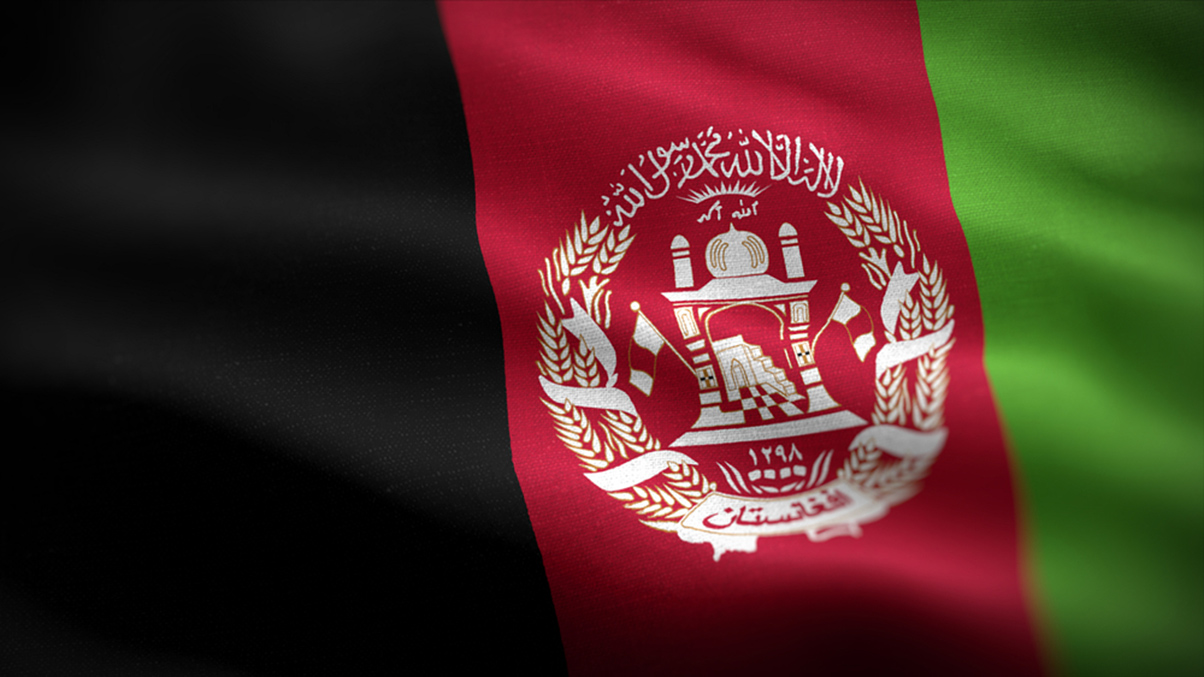In an increasingly complex geopolitical landscape, sanctions compliance has become a convoluted and thorny issue. For business engaged in international operations, compliance has never been more important. Failure to implement robust systems and controls is now viewed as a significant risk factor.
Inherent in any compliance function is an ability to identify risk before it crystallises. However, with sanctions changing on an almost daily basis, this can prove difficult.
In this three-part series, David Savage and Thulasy Packianathan identify some of the potential sanctions hotspots across the globe for the coming 12 to 18 months and provide practical guidance on how to deal effectively with this fast-evolving area.
Part one addresses Afghanistan, Belarus and China.
Afghanistan
Following the departure of Western troops from Afghanistan in the summer of 2021, the UN, the EU, the UK and the USA have floated the idea of sanctions designed to complement those that have been in place for the last twenty or so years. We discuss the current situation in Afghanistan in more detail here.
In order to safeguard the import of humanitarian assistance, UN Security Council Resolution 2615 provides a broad exemption for assistance and support of basic human needs. The UK welcomed the adoption of the resolution via The Afghanistan (Sanctions) (EU Exit) (Amendment) Regulations 2022 on 28 January 2022. This humanitarian exception ensures timely delivery of humanitarian assistance to Afghan citizens with the ultimate aim of saving lives. The US Treasury Department also welcomed the resolution and the Office of Foreign Assets Control (OFAC) has granted some licenses to aid groups, to ensure funds flow “through legitimate and transparent channels”. The Taliban have given public assurances that they will allow the import of humanitarian aid.
It is safe to say that sanctions against the Taliban will remain in place, but certain sanctions may be relaxed to ensure the safety of Afghan citizens. For instance, the freezing of Afghanistan’s $9 billion of foreign exchange reserves and stoppage of cash dollar inflows has resulted in Afghans struggling to withdraw sums from banks.
Sanctions may be relaxed so that the frozen reserves of the Central Bank of Afghanistan become available to those with the ability to purchase and distribute food freely through commercial channels. There is, however, no imminent indication that this will be the case. There has been no policy shift towards the frozen reserves so far and the US has instead been pledging millions of dollars in humanitarian aid.
Some have also discussed the potential for sanctions relief to be expanded in order to facilitate commercial transactions. They suggest that the risk that these funds will support the Taliban is low compared to the costs of a continued economic implosion.
Much will depend on the activities of the Taliban in the coming months and the prospect of additional sanctions should not be underestimated.
Belarus
The current government of Belarus (headed by President Lukashenko) and other individuals and entities in the country have been accused of human rights violations and aiding illegal border crossings.
The UK stated in the Annex to the 2021 Annual Review of Sanctions Regulations that:
“The policy intention is that sanctions remain in place until the UK Government is assured the human rights situation in Belarus has improved and that the authorities in Belarus are complying with international human rights law”.
On 2 December 2021 the USA, the EU, UK and other allies, in a broadly coordinated move, took action to designate various individuals, entities, and aircraft connected to human rights abuses by the Belarusian authorities. The decision targets prominent members of the judicial branch, political officials and propaganda outlets, all of whom continue contributing to the repression of citizens and disregard of international norms. Sanctions also impacted tour operators and hotels that aided illegal border crossings to the EU.
This is the EU’s fifth round of sanctions and demonstrates a combined effort from all countries involved to act when human rights are violated. The EU Commission recently stated that:
“The EU stands by the people of Belarus in their fight for freedom and democracy. We will step up our support with a new €30 million for youth, independent media, SMEs in exile and cultural actors – that the Lukashenko regime continues to repress. And we have a €3 billion economic and investment package ready to go for a democratic Belarus. The drive for freedom of the Belarusian people is an inspiration to us all.”
We can expect to see more sanctions in 2022 against other individuals and entities that are connected to the human rights violations by Belarusian authorities. Unless there is a change in the activity of the Lukashenko regime, we can expect the current sanctions to remain in place, with additional measures on the horizon.
Belarus has threatened to retaliate following the response of the EU and its allies to the current migrant crisis situation.
China
International criticism levelled against China has grown in recent years, in particular following the identification of mass detention camps and a forced sterilisation campaign against Uyghur Muslim ethnic minorities.
The UK and US (along with other allies) have confirmed that they do not intend to send any diplomats to the 2022 Winter Olympics in Beijing. Whilst the “boycott” of the Olympics is not a firm of sanctions per se, China has perceived these decisions as a diplomatic slight and Chinese officials have criticised boycotting nations, accusing them of politicising sports. China has threatened “resolute countermeasures” in order for boycotting countries to “pay a price for their erroneous actions”. There is global concern that China’s retaliation may take the form of a trade blockade, which could spark global inflation.
We can expect to see harsher sanctions brought against China if human rights abuses persist. In December 2021, the US introduced new sanctions targeting China’s Academy of Military Medical Sciences and its research institutions that use biotechnology to aid the Chinese military. We can expect to see similar sanctions introduced by the EU and UK, as it seems clear that China is using technologies and software in a manner contrary to human rights.
Technology used in digital surveillance systems, such as facial recognition technology, plays a key role in China’s mass surveillance infrastructure. It allows the government to identify individuals based on physiological characteristics by analysing fingerprints, iris and face, and on behavioural characteristics including voice and signature. All of these characteristics can be monitored by technology as an indicator of an individual’s identity. China has allegedly done this in a way that violates human rights, including using facial recognition to profile, track and mistreat Uyghur individuals.
In 2019, Huawei was sanctioned by the UK, US, Australia and other nations after it was alleged to have systems in place which allowed the Chinese government to commit cybersecurity and human rights violations. We can expect further sanctions against Chinese companies that focus on biotechnology and render threats of espionage.
Part two of this series will cover the sanctions landscape surrounding Russia, North Korea and India.
Stewarts Litigate
Stewarts has launched a ground-breaking after the event (ATE) insurance facility with Arthur J. Gallagher Insurance Brokers Limited. ‘Stewarts Litigate‘ is designed to work alongside our alternative funding agreements. The facility provides our commercial disputes clients with rapid access to comprehensive ATE insurance at pre-agreed market leading rates. The facility can provide coverage of up to £4 million in three business days and up to £18 million within ten business days.
Find out more about Stewarts Litigate here.
This communication has been authorised by Arthur J Gallagher Insurance Brokers Limited for the purpose of s21 of the Financial Services and Markets Act 2000
You can find further information regarding our expertise, experience and team on our Financial Crime page.
If you require assistance from our team, please contact us.
Subscribe – In order to receive our news straight to your inbox, subscribe here. Our newsletters are sent no more than once a month.






